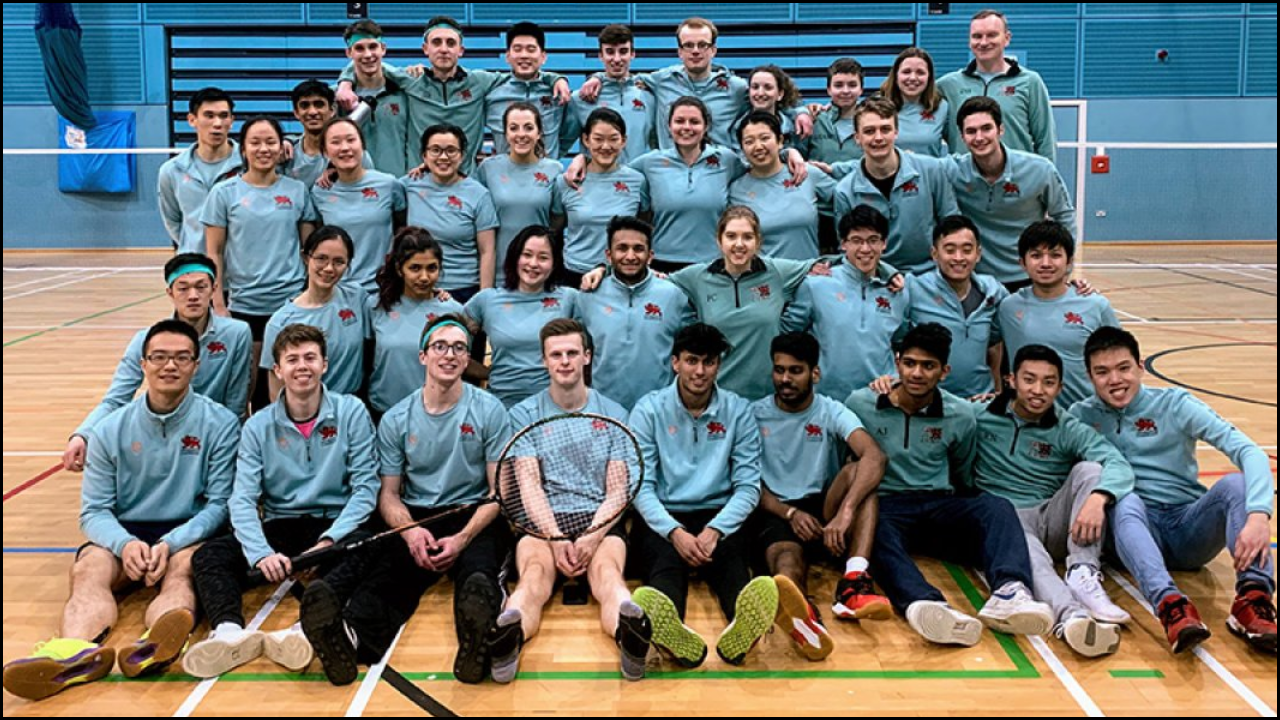
Squash is not only a high-intensity racquet sport but also a vibrant social activity that brings people together across communities. The competitive yet inclusive nature of squash creates a unique environment where friendships flourish, networks expand, and personal growth is achieved. The sport encourages teamwork, discipline, and camaraderie, making it much more than just a form of physical exercise. This article explores the social side of squash, highlighting how it builds connections, strengthens communities, and nurtures long-lasting friendships.
Table of Contents
Why Squash Encourages Social Connections
- Small court size ensures players interact closely, encouraging conversation and cooperation.
- Club-based culture allows regular gatherings, tournaments, and events.
- Post-match traditions like discussions or meals foster bonds beyond the court.
- Shared passion for improvement makes it easier for people to connect over training sessions.
- Inclusivity of age and skill levels means players from different backgrounds engage together.
Community Building Through Squash
- Local squash clubs become hubs of social engagement, with players meeting regularly.
- Volunteer opportunities within clubs strengthen ties between members.
- Social leagues offer casual participation, welcoming beginners and experienced players.
- Youth programs allow children and parents to interact, creating family-friendly networks.
- Charity tournaments combine sport with social causes, uniting members for a greater purpose.
Friendships Formed on the Court
- Regular partners often become close friends due to frequent interaction.
- Competitive rivals sometimes develop respect that grows into strong friendships.
- Traveling teams give players the chance to bond during trips and competitions.
- Mentor-student relationships between experienced and new players evolve into friendships.
- Cultural exchange happens when international players meet at global tournaments.
Role of Clubs in Social Engagement
- Organized social nights such as club dinners or game mixers.
- Membership systems that encourage repeat participation.
- Facilities beyond courts, like lounges, cafés, or gyms, where conversations continue.
- Networking opportunities that link players in professional and academic fields.
- Team leagues where collaboration matters as much as individual performance.
Benefits of Social Bonds in Squash
| Aspect | Impact on Players |
|---|---|
| Emotional Well-being | Strong friendships reduce stress and improve happiness. |
| Motivation | Playing with friends encourages consistency in training and competition. |
| Skill Development | Social bonds make it easier to exchange advice and learn from one another. |
| Cultural Understanding | International tournaments allow cross-cultural friendships. |
| Belonging | Club membership provides a sense of identity and community. |
Squash and Networking Opportunities
- Corporate squash leagues bring professionals together outside the office.
- Business deals sometimes start with friendly matches.
- University clubs connect students with alumni and academic staff.
- International tournaments offer opportunities to meet influential figures in sports.
- Online platforms extend squash networking beyond the physical court.
Inclusivity and Social Diversity in Squash
- Gender diversity is promoted by mixed tournaments and women’s leagues.
- Age inclusivity allows children, adults, and seniors to play together.
- Accessibility programs provide opportunities for people with disabilities.
- Global representation ensures that squash is played across continents, enhancing diversity.
- Socio-economic initiatives bring the sport to schools and underserved communities.
Events that Strengthen Social Ties
| Event Type | Social Benefit |
|---|---|
| Club Tournaments | Encourages friendly competition and new friendships. |
| Charity Matches | Builds a sense of collective responsibility and shared values. |
| International Opens | Creates cross-border connections among players and fans. |
| Social Mixers | Provides opportunities for casual games and relaxed bonding. |
| Coaching Clinics | Brings beginners and experts together, fostering mentorship-based friendships. |
How Squash Shapes Personal Growth Through Social Bonds
- Confidence building happens when players are supported by friends and teammates.
- Leadership opportunities emerge when organizing matches, leagues, or club activities.
- Communication skills improve as players strategize and interact during games.
- Empathy and understanding grow through interactions with diverse players.
- Resilience develops when encouragement from friends helps players overcome challenges.
Challenges in the Social Side of Squash
- Competitive pressure can sometimes strain friendships.
- Time constraints make it difficult for working professionals to balance social play.
- Membership costs can limit participation for certain groups.
- Geographical access means that not all areas have well-developed squash clubs.
- Overemphasis on competition may discourage beginners from engaging socially.
Future of Social Squash
- Digital platforms will help players find partners and schedule matches more easily.
- Virtual communities through apps and social media will enhance global connections.
- Inclusive initiatives will broaden participation across gender, age, and social groups.
- Hybrid events combining sport with cultural and business networking will expand.
- Sustainability projects linked with squash clubs will build stronger community engagement.
Looking Ahead
Squash offers far more than physical benefits; it serves as a gateway to meaningful social interactions and lifelong friendships. The sport builds a sense of community, provides networking opportunities, and fosters inclusivity across diverse groups. From local club nights to international tournaments, squash creates a shared experience that strengthens both personal and professional bonds. The social side of squash ensures that every game played is not only a competition but also a chance to connect, belong, and grow together.
Frequently Asked Questions (FAQs)
| Question | Answer |
|---|---|
| Is squash a good sport for making friends? | Yes, the close environment and club culture make it easy to connect with others. |
| Do squash clubs organize social events? | Many clubs host dinners, mixers, and tournaments to encourage bonding. |
| Can beginners form friendships easily? | Absolutely, as social leagues are designed for all skill levels. |
| Does squash help in networking professionally? | Yes, corporate and university squash often leads to new professional links. |
| Are social bonds stronger in team squash? | Team-based leagues and doubles matches usually create stronger friendships. |





